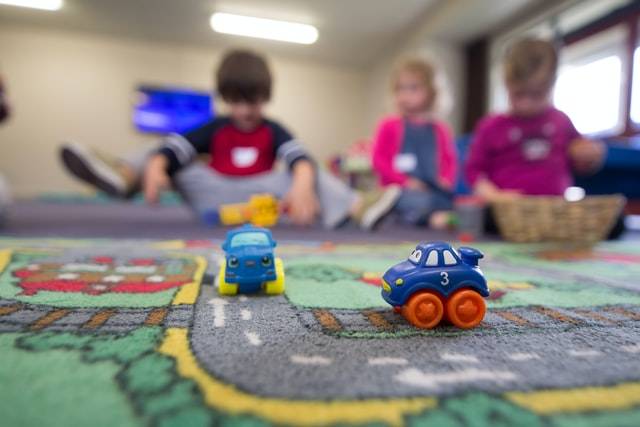How to Purchase Toys? Your Children Are Sure to Love

Purchasing toys can be an overwhelming task, whether you’re doing it for your child or someone else’s. You’re forced to establish a balance between value and relevance, safety and engagement or fun, and what your kids want versus what’s necessary.
Like most parents, you’re probably dealing with the war cry “mommy or daddy, I want it” whenever your child’s coveted piece appears in front of them. Yet, after selecting the best of the best, you still find the same valued toy thrown in the dust bin, or it’s no longer desired within an abnormally short period.
How can you purchase toys that your children will love and cherish? How can you ensure your purchase is wise?
Consider safety
Safety is an important issue when purchasing a toy. It’s vital to review the manufacturer’s safety information as well as other consumers’ reviews. If a toy lacks sufficient information and reviews, it is best not to purchase it.
Hazards often lurk in the strangest places. Your toddler may try to put ‘interesting’ objects in their mouth. Your older children are also at risk of cuts from toys with protruding wires or sharp corners. You might be tempted to participate in their play, which may sometimes feel uncomfortable for your child, especially older ones.
Ensure that you educate your older child on using their toy safely when playing with it and not monitoring their play unremittingly – especially if it’s a ride-on toy.
Prioritize educational toys
Toys can serve as entertainment and educational tools, contributing to children’s social, mental, physical, and emotional development. Research shows that as children play, they work on their motor and cognitive skills; therefore, increasing their capacity to reason. They’re also likelier to love such toys because they stimulate their minds.
Buying educational toys will also allow you to play with your child. This can help with bonding and undoubtedly more attachment to the toy. You may have noticed that your child’s special toy is one that a friend or relative purchased. This is because of the relationship’s meaning; for example, the toy represents the relationship amidst absence.
However, before buying an educational toy, consider your child’s age and their development at school. Also, consider your child’s interest. For example, you can buy sand, building and construction toys, and water toys for children whose area of interest is mathematics. On the other hand, you can purchase erasable writing equipment, phonic and coloring toys, and craft products if your child’s interest is in art and writing.
Look for open-ended toys
Younger children love to dismantle, reconstruct, construct, add on, and pull out things. Look for toys that your child can use in different ways to prevent them from getting bored. For example, you can go to a store that sells he-man toys, which are very versatile. Your kids can imagine and create different superhero scenarios with them.
Another benefit of open-ended toys is sparking your child’s imagination and helping them to develop logical thinking and problem-solving skills. Your child would enjoy experimenting with things and imagining different scenarios on what they could possible create.
Consider outdoor toys
Although technology has made computer games more engaging and appealing for children of different ages, their inherent nature sometimes perpetuates selfishness. The gaming environment is primarily private, and it’s designed for single players. This makes it easy for selfish behavior and sibling conflicts to develop, especially in a household full of kids.
Healthy children are happy children, and exercise is a sure way of becoming healthy. Therefore, look for toys that promote good health through exercise. These include toys that can be used outdoor such as skates, scooters, and bikes. You may also purchase toys for sporting activities such as footballs.
Keep in mind their age and gender
Even though most manufacturers recommend toys for particular ages and genders, their advice doesn’t necessarily mirror your child’s readiness for a specific toy or the ability of any particular toy to meet their needs. Always look for something suitable and relevant. You can also inquire more from leading toy stores for appropriate advice. A good seller should guide and recommend toys based on your child’s age or character.
Purchasing toys for your children is not about answering their call. Much of the decision comprises bearing in mind their safety, health, age, and gender. Your investment will be wise if you consider these factors.
